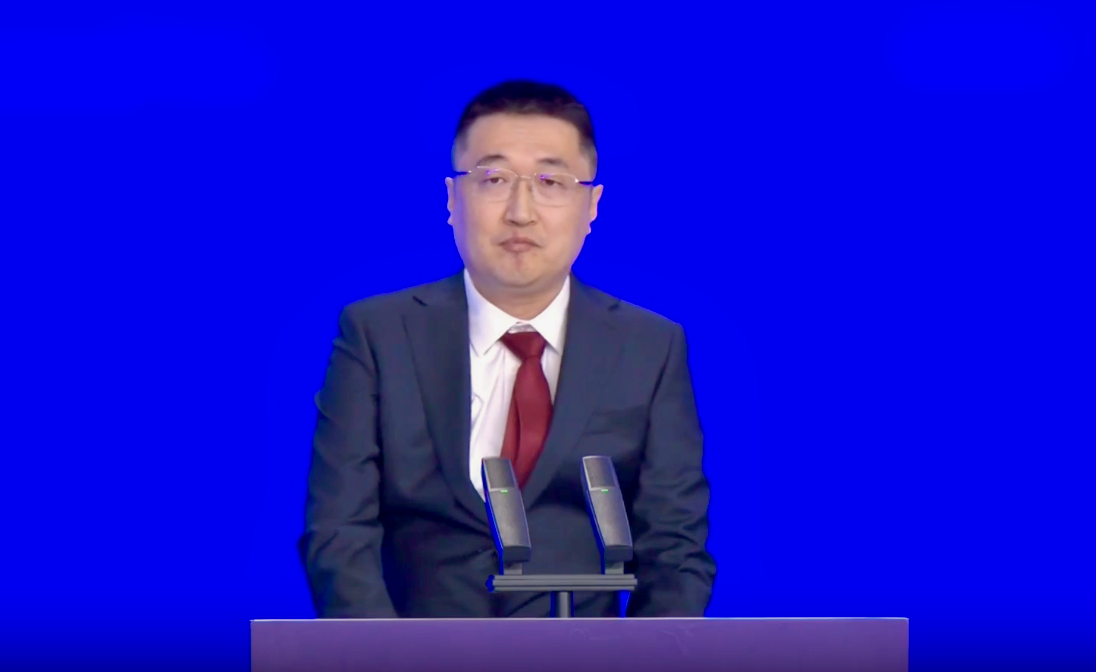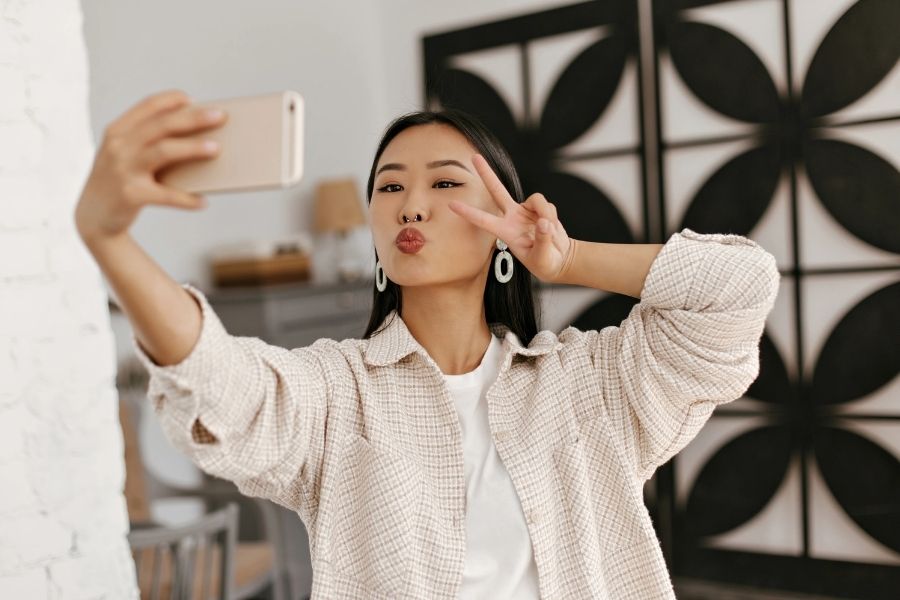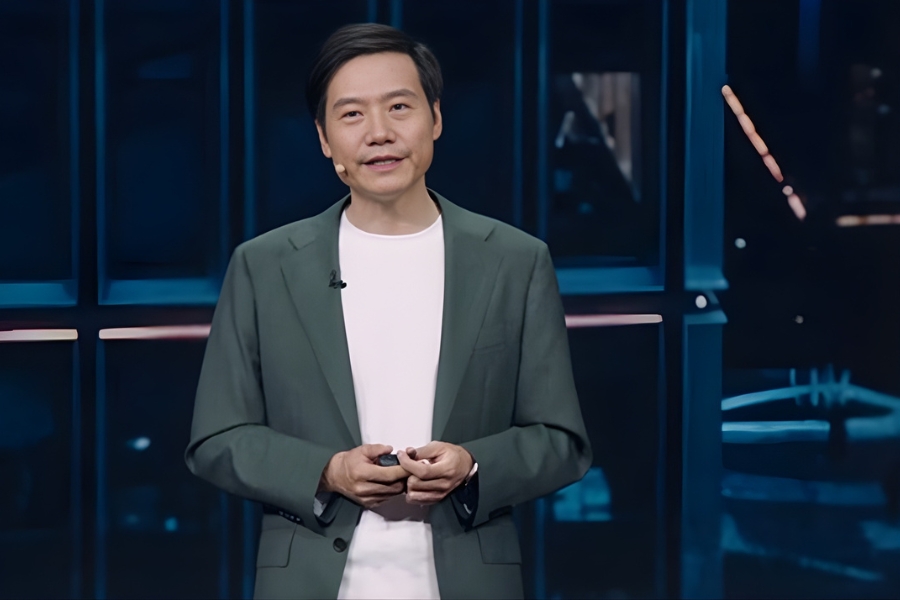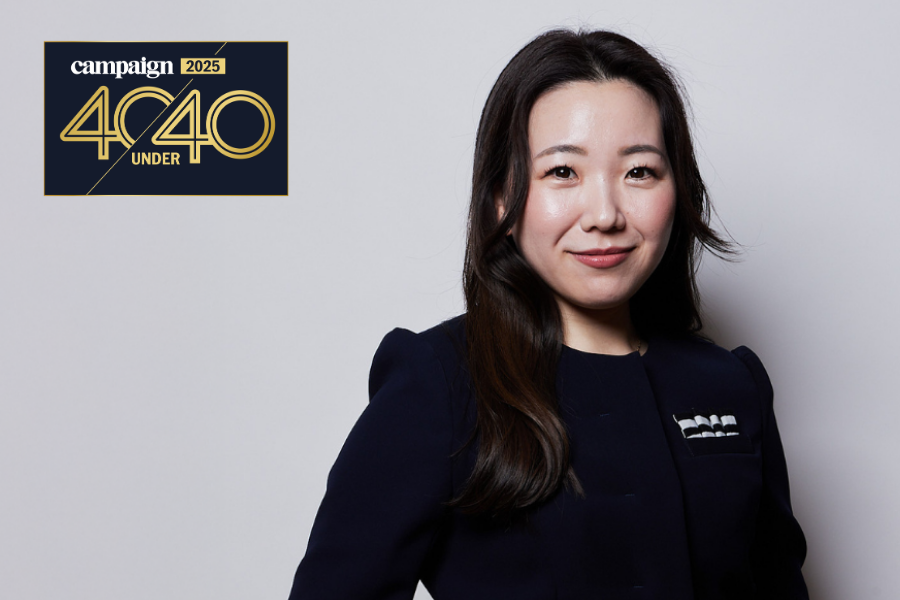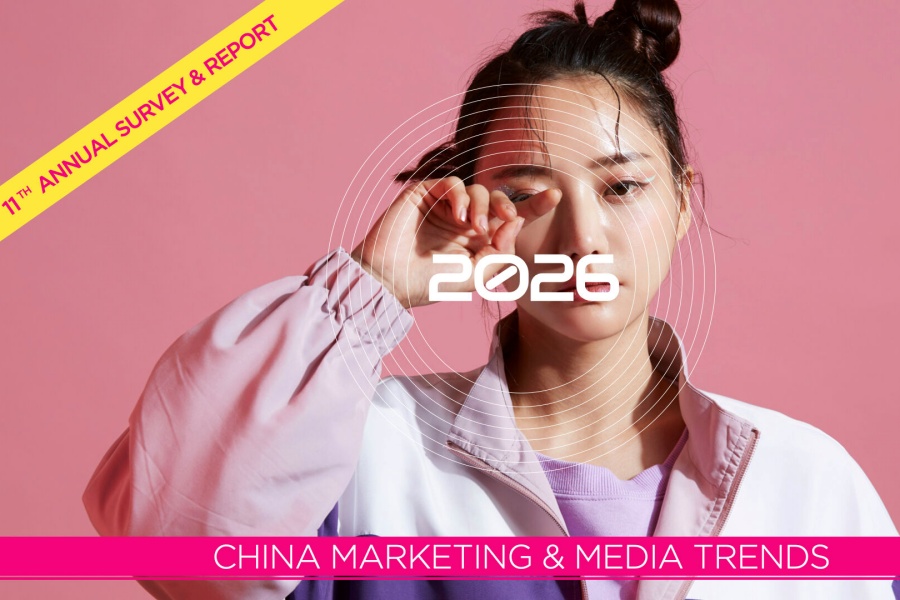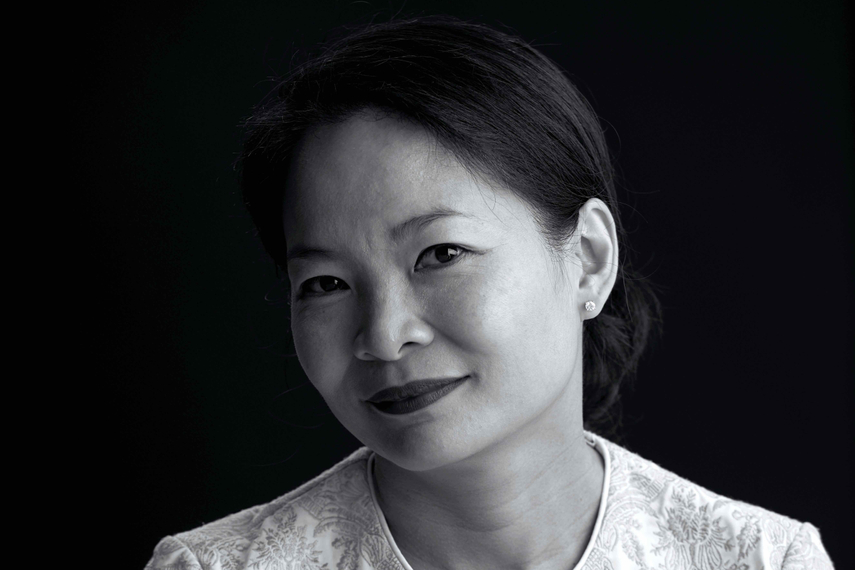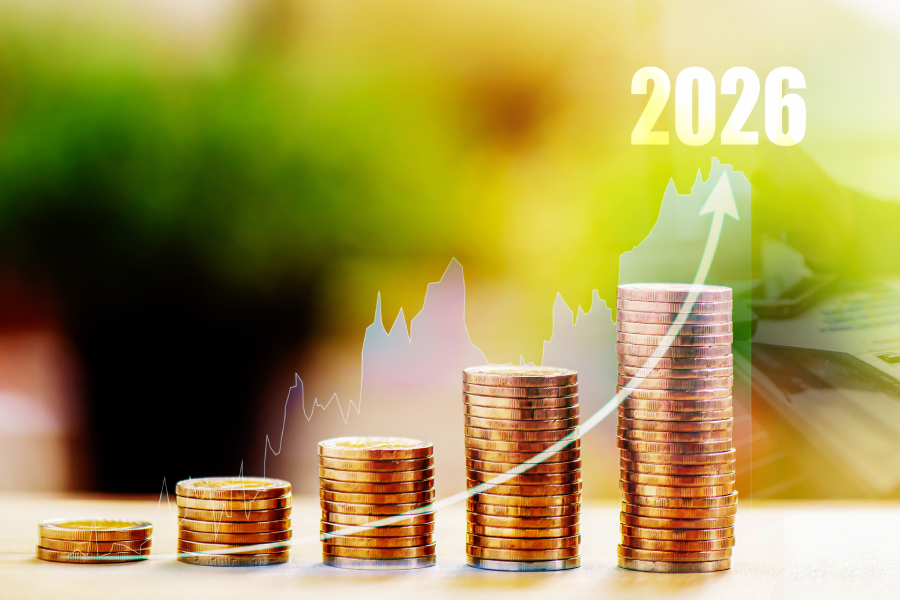More people in China, India and Japan still list themselves as worried about the pandemic than in the rest of the world. That somewhat surprising result, given the progress of the disease in various countries, is one of several in the latest wave of the 'Truth About Culture and COVID-19' research from McCann Worldgroup's Truth Central unit. The company has just released results from the fifth wave of the study.
Across markets, economic anxiety remains high as well:
Beyond these commonalities, however, the results from China, India and Japan through the rest of the study vary considerably, both among each other and in comparison to the global averages. Some highlights appear below (you can click each image to enlarge).
For reference, the dates of the waves in the study were as follows:
- Wave 1: March 12-22
- Wave 2: March 23-30
- Wave 3: April 7-16
- Wave 4: April 27-May 7
- Wave 5: June 8-15

Globally, according to McCann, 26% of people believe that social divides are a worse threat than COVID-19, and 35% of people globally believe that the pandemic has emphasised existing inequalities.
The agency also observed that there's an "immense opportunity" for brands to fill the voids left by unprepared governments and untrusted information sources, with 81% of people globally stating their belief that brands have the power to make the world better.
Meanwhile, three in 10 people around the world already believe that we’re reopening society too quickly, according to McCann. Roughly half of people have chosen to follow the rules, and the other half are following them to varying degrees for different reasons, ranging from feeling like institutions like the government have let them down or placing increased focus on restoring the economy to pre-pandemic levels.
|
This article is filed under... Top of the Charts: Highlights of recent and relevant research |









